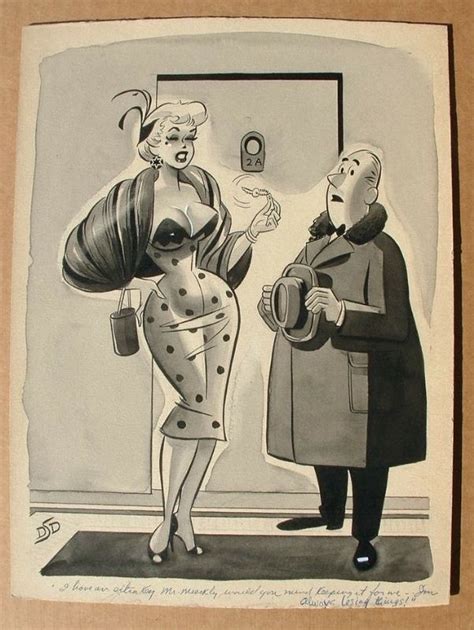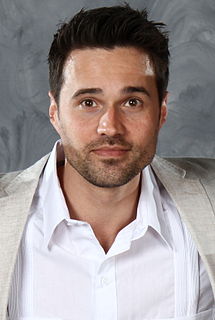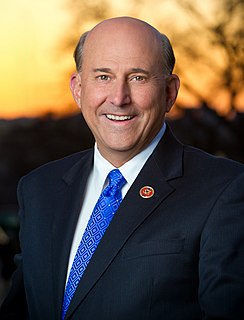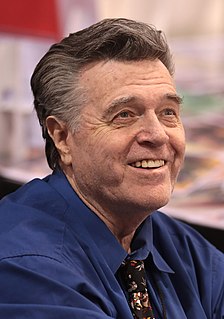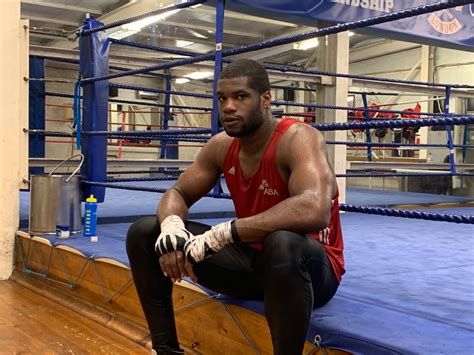A Quote by Larry Wilmore
It used to be that the black comic figure had to have this bravado and always showed strength.
Related Quotes
I used to always say - and I think a lot of artists think of it this way - that when you see a black figure, the way the critical establishment operated, you can only imagine that figure having a sociological value. They never say the ways in which their aesthetics were equally worthy of consideration.
They used to call me Firefly when I was a little girl, and I always tried to figure out why I was being called a firefly. I was really black, black, black from the sun. After being in Jamaica for 13 years, my eyes were really beady and white, and my skin was really black. I must have really looked like a fly. My eyes looked like lights, like stars.
I came in with a very specific idea about what a Doctor Strange movie should be, which was rooted in the comics, and I thought it should be as weird and as visually ambitious compared to modern comic book movies as the comic was when it showed up in the '60s compared to other comic books at the time.
I remember when Langston Hughes used to write a column in black newspapers around this character Jesse B. Semple. He always used that as a voice, sometimes in comic ways, of having everyday people's voice come through this common folk hero, who was an ordinary working guy. He would talk about anything from police brutality to the Korean War. Those kinds of expression and identification are no longer prevalent in our popular culture.
I always thought that Seth [Rogen] was a fun, caustic, bombastic, sweet, underdog-type of person that I would root for the way you used to root for Bill Murray or John Candy in "Stripes." Seth had something that very few people you encounter have: he had a writer's mind and he had his own comic point of view.
I had to get used to seeing Samantha Bee around. I had to get used to seeing Jon, like, getting a bagel, and to John Oliver, and all these people whom I had seen on TV. Colbert would sometimes drop by. I had to get used to being a part of this multiple-Emmy-winning machine and being this 22-year-old black girl who was really green.


